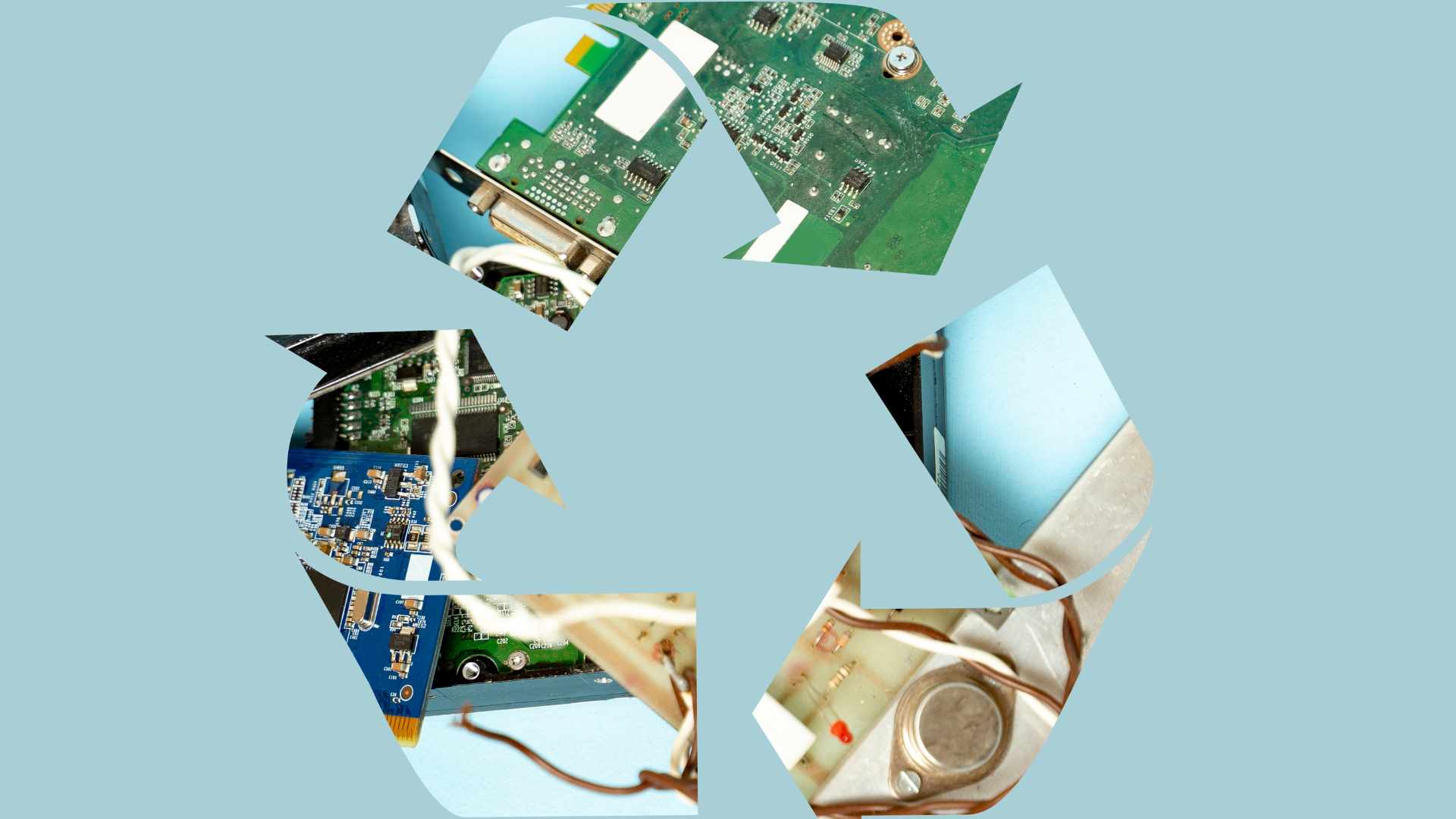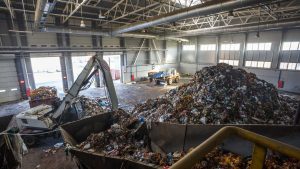![]()
E-waste Solutions
Electronic waste, commonly known as e-waste, has become a significant environmental concern in our digital age. As technology advances at an unparalleled pace, the lifecycle of electronic devices shortens, leading to a surge in discarded gadgets. To address this issue, Extended Producer Responsibility (EPR) has emerged as a critical framework, putting the onus on manufacturers to manage their products’ overall lifecycle responsibly. In this context, startups play a pivotal role in revolutionising e-waste solutions, offering innovative and sustainable approaches to tackle the growing e-waste crisis.
Extended Producer Responsibility (EPR)
EPR is a concept that places the responsibility for the environmental impact of an item on the producer rather than the consumer. The primary objective of EPR is to encourage manufacturers to design products with end-of-life considerations in mind and establish efficient systems for collecting, recycling, and disposing of their products. EPR legislation varies globally, but its core principles remain consistent – holding manufacturers accountable for the environmental impact of their products.
One of the key advantages of EPR is that it creates a financial incentive for manufacturers to adopt eco-friendly practices. By internalising the environmental costs of their products, companies are motivated to invest in sustainable design, materials, and recycling technologies. This shift in responsibility has the potential to reduce the environmental footprint of electronic devices significantly.
Startups Leading the Charge
Startups, known for their agility and innovative spirit, are at the forefront of implementing effective e-waste solutions under the EPR framework. These emerging companies are reshaping the landscape by introducing novel technologies, business models, and awareness campaigns to address the e-waste crisis.
1. Recycling Technologies:
Startups are developing cutting-edge recycling technologies to efficiently extract valuable materials from electronic waste. For instance, some companies specialise in advanced sorting techniques using artificial intelligence and robotics, allowing for more precise separation of different materials. This not only facilitates more effective recycling but also reduces the environmental impact of traditional methods.
2. Reuse and Refurbishment:
Several startups focus on extending the lifespan of electronic devices through refurbishment and reuse. By repairing and upgrading electronics, these companies help minimise the need for new production, thereby reducing the overall environmental impact. Additionally, they contribute to bridging the digital divide by making affordable, refurbished devices accessible to a broader population.
3. E-waste Collection Platforms:
Innovative startups are creating platforms that simplify consumers’ collection and recycling processes. These platforms often partner with local businesses, providing convenient drop-off points for electronic devices. Some startups even offer doorstep pickup services, making it easy for consumers to dispose of their old gadgets responsibly.
4. Public Awareness Initiatives:
Recognising the importance of education and awareness, startups are engaging in campaigns to inform the public about the environmental consequences of e-waste and the significance of responsible disposal. These initiatives not only contribute to changing consumer behaviour but also create a demand for sustainable products, encouraging manufacturers to adopt eco-friendly practices.
Challenges and Opportunities
While startups are making significant strides in the e-waste sector, they face challenges that require collaborative efforts from governments, businesses, and consumers. Regulatory support, financial incentives, and standardised EPR frameworks are essential for fostering a conducive environment for startups to thrive.
Additionally, there are opportunities for collaboration between established companies and startups to leverage each other’s strengths. Established manufacturers can benefit from the agility and innovation of startups, while startups can gain access to resources and market reach through partnerships with established players.
Conclusion
In conclusion, the combination of EPR and the entrepreneurial spirit of startups holds great promise in revolutionising e-waste solutions. By redefining how electronic products are designed, produced, and recycled, we can work towards a more sustainable and circular economy, ensuring that the digital age does not come at the cost of our planet’s health.



